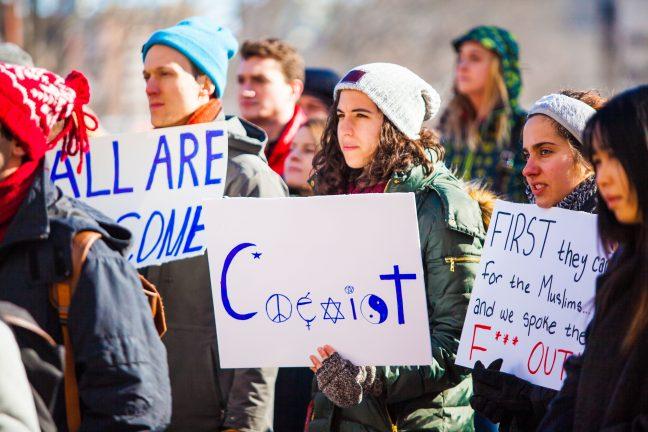The University of Wisconsin apologized for scheduling the first day of classes on Rosh Hashanah and rescheduled some events following criticism from Jewish leaders on campus.
UW, along with five other UW System universities, unintentionally scheduled their start date to fall on the Jewish holiday, which is the holiest of the religion’s observances.
The first day of classes for the 2021 fall semester were scheduled to begin on the second day of Rosh Hashanah by the Faculty Senate Committee in 2019.
But the decision has since draw backlash and criticism from Jewish leaders, students and faculty on campus, all calling on UW-Madison to move the start date, according to the Wisconsin State Journal.
Chancellor Blank released a statement via a campus-wide email on Tuesday apologizing for the scheduling error. Rosh Hashanah starts Sept. 6 and ends Sept. 8 this year, and classes are scheduled to begin Sept. 8.
UW Madison is home to a large Jewish population of at least 4,000, according to the Wisconsin State Journal. In a statement, UW Hillel President Greg Steinberger said the organization notified the UW administration about the beginning of the school year’s overlap with Rosh Hashanah seven months ago.
“Rosh Hashanah marks the beginning of the Jewish High Holy Days: the yamim nora’im, or in English, the “Days of Awe,” Steinberger said. “These are the holiest days in the Jewish year.”
According to UW’s statement, changing the start date is not possible. Instead, the university will take measures to “reduce the impact of the conflict,” Blank said.
This includes rescheduling all departmental welcome events to Sept. 3, rescheduling Convocation for first-year students from Sept. 7 to Sept. 3 and ensuring signature events for Wisconsin Welcome do not conflict with other events planned for the holiday.
Professors are asked to post a notification in Canvas or email students before the start of the semester offer an asynchronous option for classes meeting Sept. 8 with digital copies of any in-class materials needed posted online.
Additionally, faculty are asked to offer opportunities to meet with students who are not able to attend, avoid scheduling meetings or events with student groups on the first day of classes and include information about the religious observances policy on syllabi.
“In accordance with the Chancellor’s guidance, we ask faculty who are committed to diversity, equity, and inclusion to offer the first day of class asynchronously and ask that Deans and Department Chairs allow faculty to cancel classes if they are so inclined,” Steinberger said.
In her statement, Blank said she recognizes that many Jewish students, their families, faculty and staff feel distressed by this, “particularly at a time of increased anti-Semitic violence and harassment across the U.S.”
Anti-Semitic violence has increased in the wake of multiple clashes in Israel and Gaza, according to the New York Times.
Ultimately, Blank said the process which usually helps prevent conflicts such as this did not work and is currently being reshaped and “no student should be penalized for their absence from class on September 8.”
“We are most grateful to Chancellor Blank for this communication and for creating a structure to change the calendaring process in the future,” Steinberger said. “We appreciate the Chancellor’s support of the campus as it works to create change for the many faith communities found on campus.”


